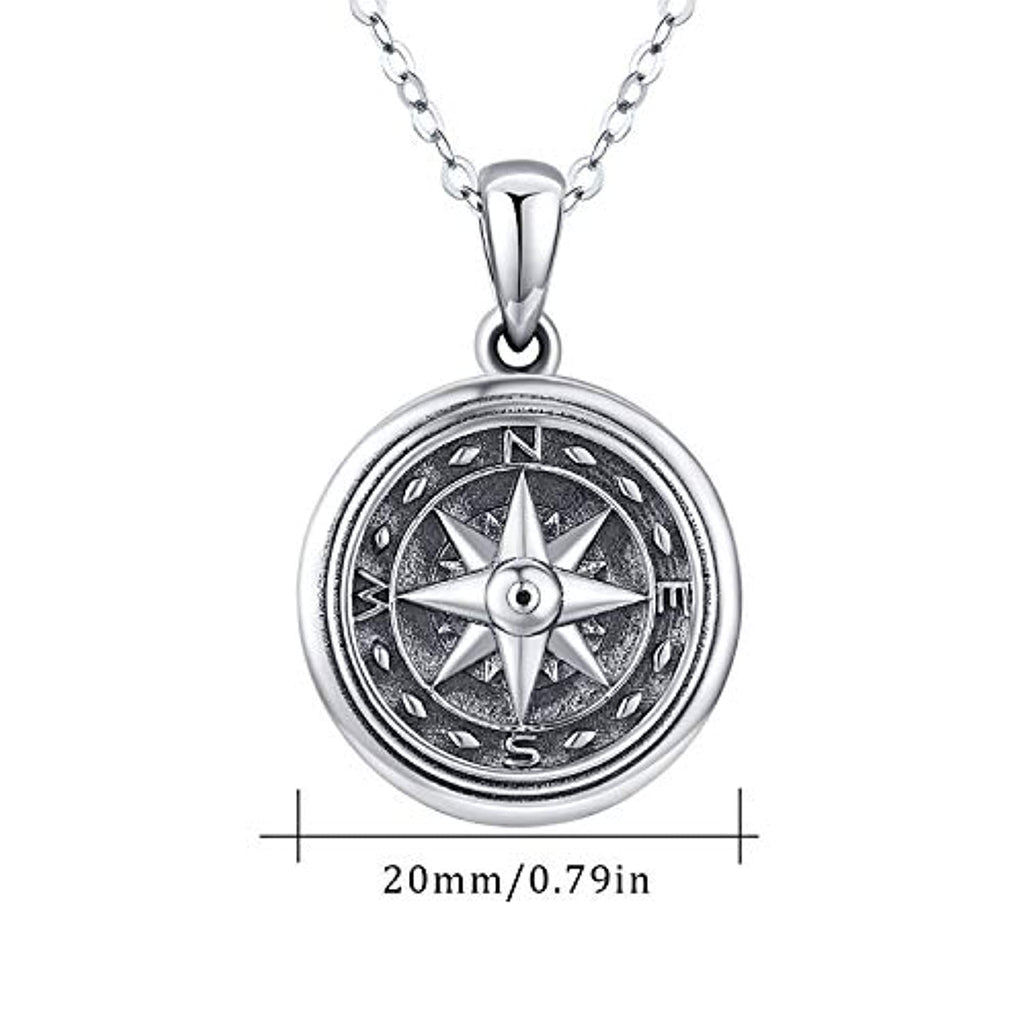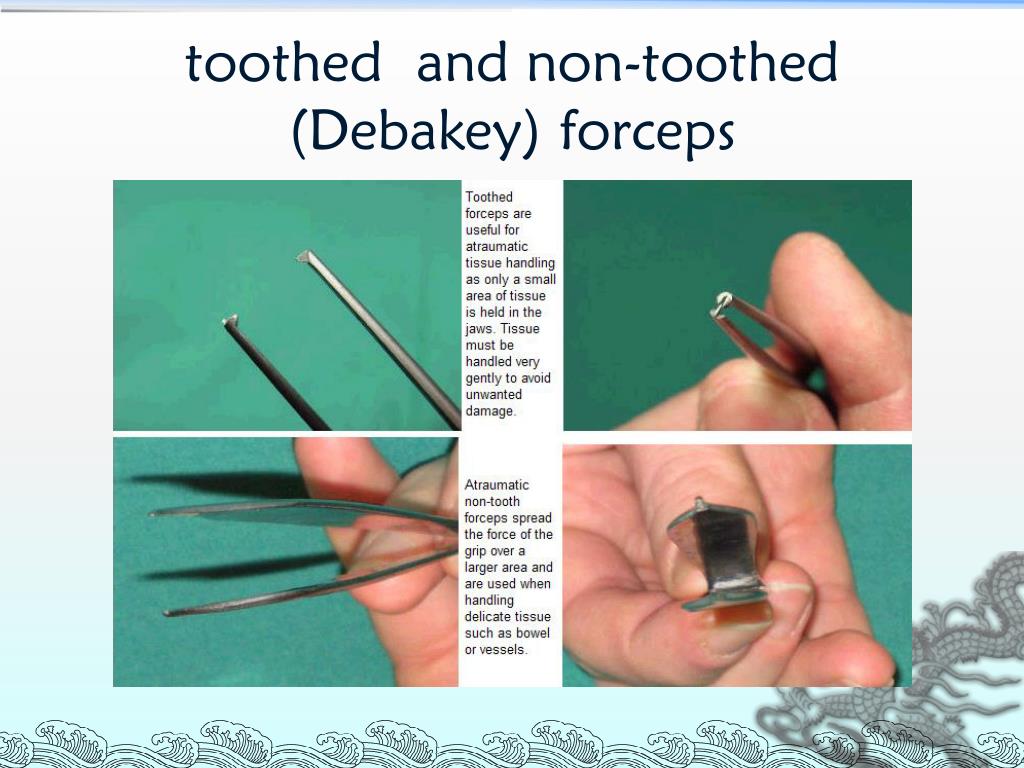
.png)
The Dilemma Series events are invitation-only, and although they are filmed, they aren’t publicly livestreamed in order to create a safe space for everyone to be able to share deeply. Significant time is also given to “white space” moments, where people give feedback, offer a counterargument, contribute new information or data, or share feelings and emotions. Most of the work, though, happens in small-group, participant-led workshops and brainstorms designed to explore the problem and potential solutions.

This may include speakers with polar opposite positions. Sessions last 36 hours and feature some TED Talk-like moments and on-stage conversations that set the scene and offer a 360-degree view of the topic.

Thus, the key elements of the design of a Countdown Dilemma discussion are a broad and carefully balanced representation among participants, their willingness to engage in deep listening and collaboration, and a shared agenda of finding bridges so that we can make progress despite the differences. When we are talking about highly charged topics like fossil fuels or carbon credits, positions can become as extreme and inflexible as “what you say is BS.” These may be, in some cases, legitimate positions, but it’s difficult to see how they can be conducive to progress. What is the format of the Dilemma discussions? As said, we can’t confront these issues as straightforward either-or choices. This is the nature of a dilemma: if one idea prevails to the exclusion of the other, we will not succeed. The same kind of tension exists between the foremost necessity to extricate ourselves from fossil fuels and decarbonize the economy – without which our future will be endangered – and the equally paramount necessity of a stable and secure supply of energy, without which our present will be endangered. There is an inherent tension, and sometimes a direct opposition, between short-term profits and long-term investments. They require us to hold competing values together rather than make straightforward choices. But as our colleague Bill Sharpe would say, complex situations often need both-and thinking instead of either-or thinking. Most of us intuitively think of problems in terms of “choices”: situations where we weigh alternatives and decide the way forward. It is also prismatically complex, and exploring ways to unlock stalled progress is vital to ensuring a safe and just future for all. Climate change is the most pressing issue facing our planet.
#TYPES OF KNOTES THAT HOLD SPHERES HOW TO#
It’s a string of carefully curated events designed to look at some of the “knots” in the climate change space, where diverging positions have solidified into an inability to dialogue and seek how to undo them. The Countdown team is now preparing to stage its second Dilemma Series gathering, in London this October, around the even thornier question: “What is the role of fossil fuels between now and 2050?” We asked Lindsay Levin and Bruno Giussani, two of the cofounders of TED Countdown, why they and their team decided to create this new discussion format. One hundred people gathered over 36 hours of deep conversations and hands-on workshops to confront those positions and bridge divides in a constructive manner. In June 2022, TED’s climate initiative, Countdown, convened in New York for its first Dilemma Series event, titled “Is there a role for carbon credits in accelerating a fair, net-zero world?”Ĭarbon credits are a very controversial topic, one that elicits decidedly contrasting reactions.


 0 kommentar(er)
0 kommentar(er)
